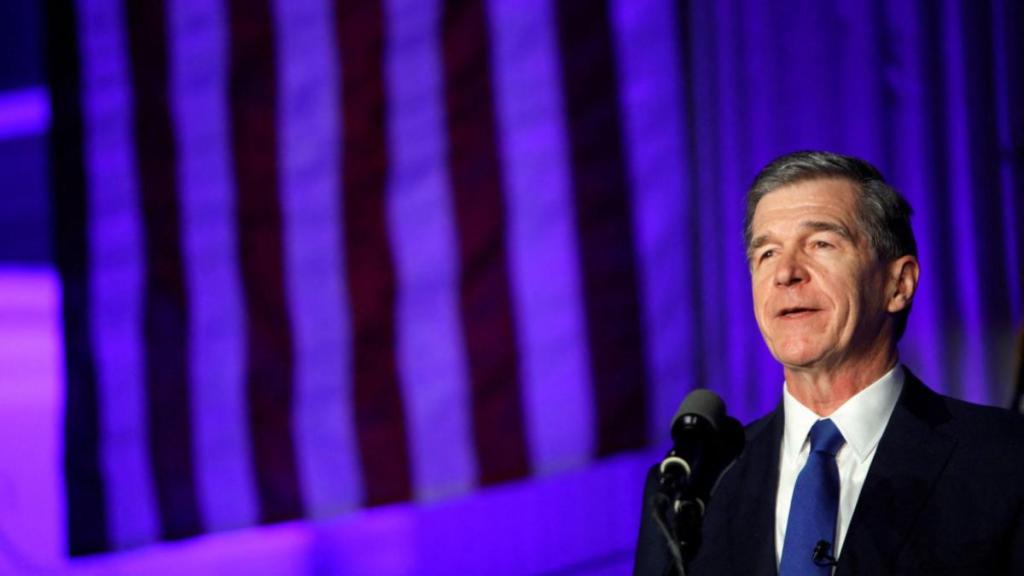Former North Carolina Governor Roy Cooper officially announced his candidacy for the US Senate on Monday. He made the announcement of launching his campaign with a video on social media. Cooper’s entry sets the stage for a high-stakes battle in a pivotal swing state as Democrats aim to reclaim ground in the Senate.
“Right now, our country is facing a moment as fragile as any I can remember,” Cooper said in the video. “The decisions we make in the next election will determine if we even have a middle class in America anymore,” he added.
Cooper’s move comes on the heels of Republican Senator Thom Tillis announcing he will not seek reelection after receiving sharp public criticism from President Donald Trump over his refusal to support Trump ‘one big, beautiful bill’. Tillis’ exit opened the door for what is expected to be a fiercely contested race.
Strong Democrat contender, popular leader
A two-term Democratic governor and former state attorney general, Cooper is widely seen as a strong contender. His statewide popularity and deep donor network makes him a tough fight against the Republican candidate. His campaign video focused heavily on defending the middle class and criticising Washington politicians for ballooning the national debt, threatening social safety nets and disrespecting veterans.
“I never really wanted to go to Washington,” Cooper admitted, adding, “But these are not ordinary times.”
Despite his strong profile, Cooper will likely face a primary challenge from former Rep. Wiley Nickel, who entered the race in April. Nickel has so far declined to step aside, citing his own record of flipping a GOP-held district as proof he can deliver a win for Democrats.
Who will be the Republican candidate against Cooper?
On the Republican side, all eyes are on Republican National Committee Chair Michael Whatley, who is expected to announce his candidacy soon. His anticipated entry follows US President’s daughter-in-law Lara Trump’s decision not to run.
Democrats haven’t won a US Senate seat in North Carolina since 2008. Cooper’s announcement marks the beginning of what could be a defining contest for Senate control in 2026.
(With inputs from agencies)


